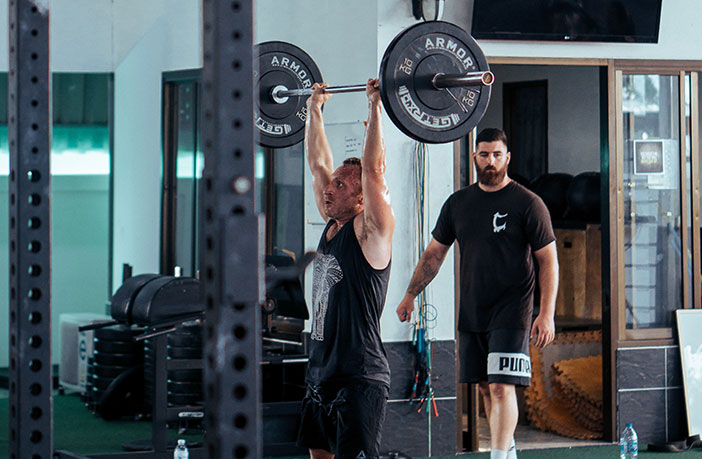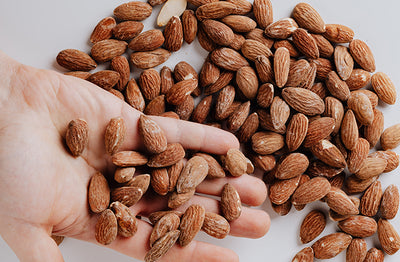What you Need to Know About Creatine Supplements
Robin Smith
No Comments

Creatine is a popular supplement, usually taken in the form of a capsule, or as a powder dissolved into water. Creatine combines with phosphoric acid to form creatine phosphate, a key component of adenosine triphosphate (ATP). Think of ATP as an organic bus that transport energy to your muscles to help you build lean muscle and lose weight.
During an exercise session, your muscles contract and relax. Imagine lifting a dumbbell. With each rep, your bicep contracts while your tricep expands and vice versa. The energy you use to raise and lower your arm is transported through ATP, a molecule made from creatine phosphate and other substances which is a key source of the body’s energy production.
Every muscle has some ATP built in, but the body doesn't have that much intrinsic ATP – the natural supply barely lasts 3 seconds. If you want to train harder and use your muscles longer, you have to produce more ATP, meaning you need more creatine.
Share














